AFBI was created in 2006, following an amalgamation of DARD Science Service and the Agricultural Research Institute of NI. Set up as a non-departmental public body of DARD (now DAERA), the first 10 years were a period of much change for AFBI, with a number of challenges to overcome along the way. Not least budget pressures, with significant reductions to grant-in-aid (direct funding) coming from DAERA. This was reflected in a reduction in staff levels from over 800 in 2006 to around 630 at present.
Over that 10-year period, AFBI has also moved on to its fourth chief executive. New into the top job at AFBI is Dr Sinclair Mayne, someone who has spent most of his working life involved in local agricultural research, and who comes to the post with a determination to put the organisation back on a firm footing.
Mayne is passionate in his belief that the local agrifood sector needs world-leading science to drive innovation and improve efficiency, and that AFBI can best deliver this science locally.
Speaking to the Irish Farmers Journal, he accepts that funding pressures are an important issue, but he is confident these are not insurmountable – providing decisions are taken now on future priorities for the organisation.
That funding pressure is most clearly seen in the grant-in-aid coming from DAERA, which peaked in 2008/09 at £42m, but is projected to be around £31m in 2016/17.
However, one of the most successful features of AFBI has been the significant increase in non grant-in-aid funding, which has increased from £6m per annum in 2006/07 to close to £18m in 2016/17. Around 37% of AFBI’s work is now funded outside of grant-in-aid.
Going forward, Mayne is confident that AFBI can maintain and potentially increase its external income, with a number of important new initiatives coming on stream in the next few years.
For example, AFBI has just signed off on a funding agreement as a lead partner in the UK Centre of Innovation Excellence in Livestock, with a projected income of over £3.6m. It also has a number of projects in the final stages of approval for Interreg funding. As well as this, AFBI has an exceptional track record in generating royalty income – an important component of its external income.
“Taking everything together, I am confident that AFBI has a very bright future. We will have a vital role in a number of important new industry initiatives. For example: implementation of the recent Sustainable Agricultural Land Management Strategy for NI; supporting delivery of the soon to be published recommendations of the TB Strategic Partnership Group; supporting the new livestock genetics initiative; and assisting the industry in eradication of diseases, such as BVD,” said Mayne.
Keeping the institute’s focus on key priorities
Currently AFBI operates across seven sites in NI, delivering research and development work, and also statutory, analytical and diagnostic/surveillance testing for DAERA in areas such as animal and plant disease, and food safety.
In general, these testing services have been protected from the cuts, with research and development activity bearing the brunt of recent reductions in budgets. However, if the ambition is to be internationally recognised for research expertise and ultimately bring in more income, it is not a situation that can continue.
Core of excellence
“We have a core of excellent research scientists and staff, but we have lost many good scientists in recent years, who were our primary income earners.
“Downsizing has cut our research capability to the core, so we have had to focus on the most important research areas. To be internationally recognised, we must first prove that we can deliver at home,” commented Mayne.
But with budgets constrained, further tough decisions will have to be made. “Ultimately, we have to prioritise those areas of science which will be critical for the industry in the future, and work closely with our customers to secure funding for our work.
“These are hard questions, but that is the reality we need to face in order to secure the institute’s future,” acknowledged Mayne.
The process of identifying the priority research areas for AFBI effectively began in August 2015, when work on arable research and recommended list trials was brought to a close.
Since then the institute has also scaled back research on potato breeding at Loughgall, as well as research on renewable energy, biomass and poultry production.
Key priorities on which the institute is now focussed include livestock research at Hillsborough, grass and plant science work at Loughgall, animal health research and statutory and diagnostic work at Veterinary Sciences Division (VSD), Stormont, and fisheries, environment and economics research based at Newforge Lane in Belfast.
Immediate priority
A key immediate priority has been a new main building at VSD to replace outdated facilities, including a new postmortem suite.
A business case has now been approved by DAERA, at an estimated cost of up to £30m.
“This investment is badly needed. It will allow us to deliver world-class science for the livestock industry in NI. Our veterinary lab in Omagh is also needed in the west of NI and plays an important role in animal health surveillance,” said Mayne.
The next priority is to move AFBI headquarters away from Newforge Lane in Belfast. The site is too large, no longer fit-for-purpose and is expensive to maintain. Plans are being developed to move the AFBI headquarters to Hillsborough.
Better use of resources
At the Hillsborough site, there are also plans to invest in upgrading livestock facilities and, in particular, a new beef finishing unit. With facilities at AFBI, and also CAFRE, owned by DAERA, discussions are currently ongoing into how the two organisations might make better use of resources.
There is a proposal on the table that an AFBI/CAFRE suckler herd would be based at Greenmount, with all young cattle moving to Hillsborough and used for research trials on finishing cattle, led by Dr Francis Lively.
In dairying, the research work has been split into two main areas, with Dr Conrad Ferris focusing on feeding to produce winter milk, and the recently appointed Dr Debbie McConnell focusing on grassland management.
There will also be strong links between Hillsborough and ongoing work on grassland and plant science at Loughgall.
“Our grass breeding programme under David Johnston at Loughgall has been hugely successful. But we know there is considerable scope to improve grass utilisation on-farm, so we need more research into grass management, and ultimately more people promoting grass. It is our only natural advantage and one we must exploit if we are to have a sustainable livestock sector in the future,” said Mayne. “Expect to see increased emphasis on grassland research in the future,” he stated.
However, where will independent trials into new varieties be conducted in future?
“In my opinion, the recommended list system needs a radical overhaul. Grass variety evaluation must involve more trials on-farm in the future, not in manicured plots on a research station.
“We are currently developing a new grass variety evaluation system, which will address this challenge,” responded Mayne.



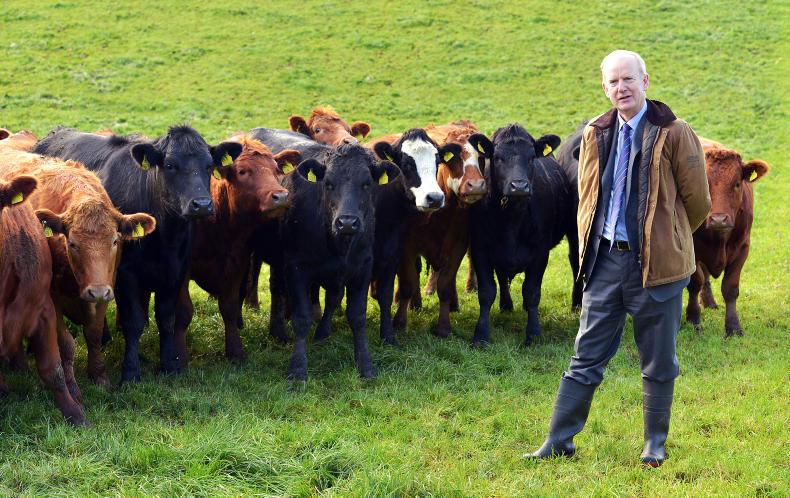

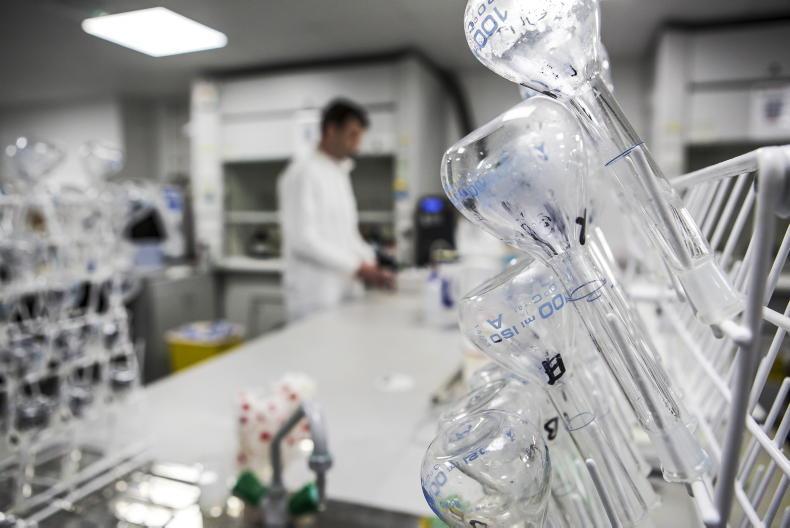
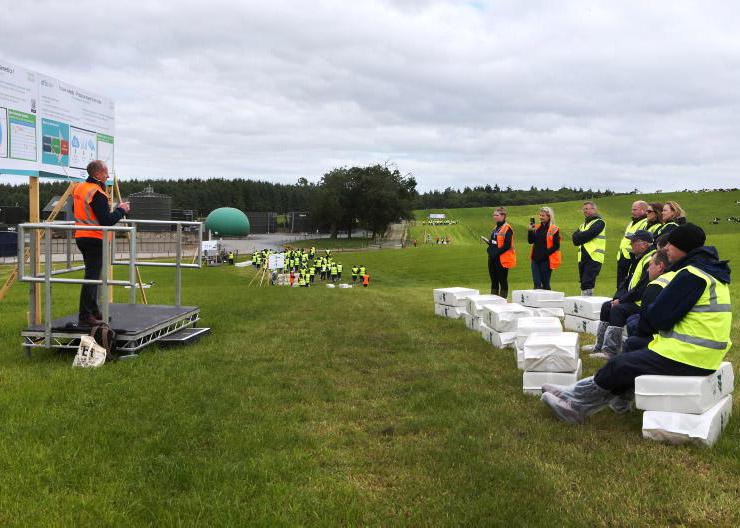
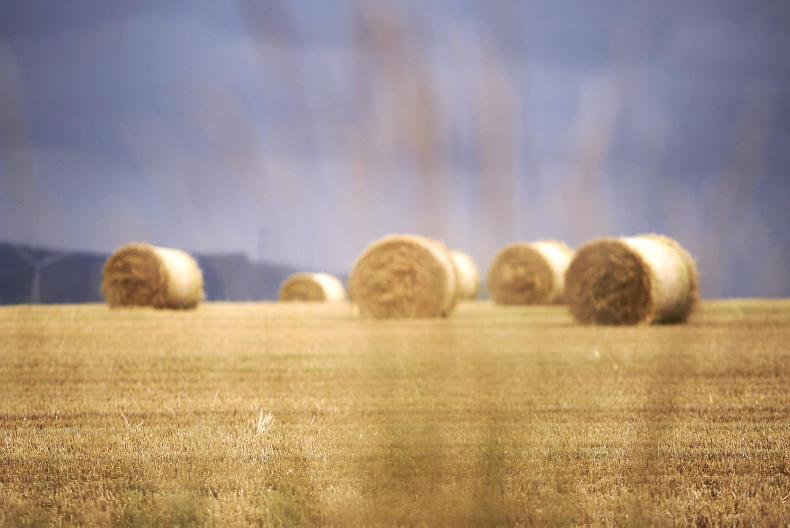
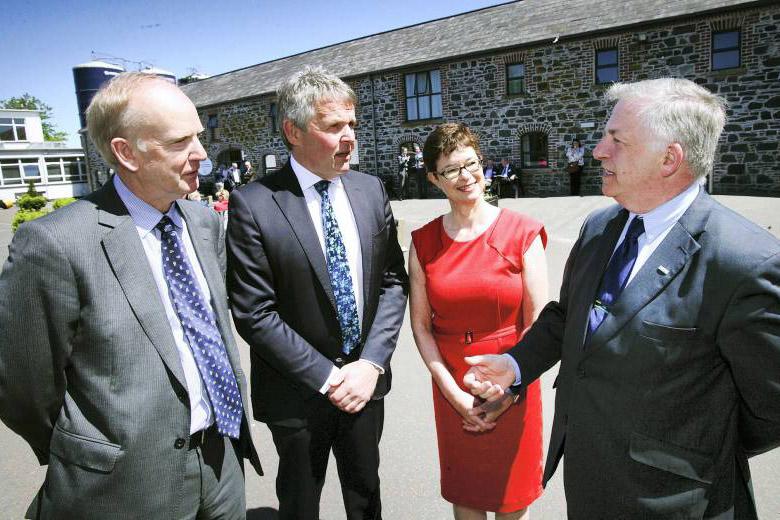
SHARING OPTIONS